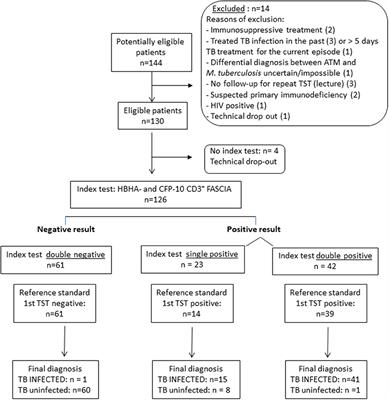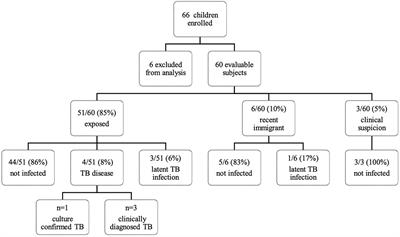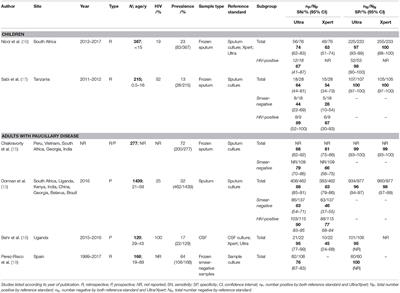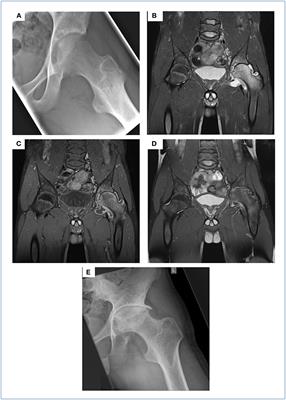ORIGINAL RESEARCH
Published on 07 Feb 2020
Tuberculosis Transmission in a Primary School and a Private Language School. An Estimation of Infectivity

doi 10.3389/fped.2020.00010
- 5,944 views
- 3 citations
14k
Total downloads
103k
Total views and downloads
You will be redirected to our submission process.
ORIGINAL RESEARCH
Published on 07 Feb 2020

ORIGINAL RESEARCH
Published on 01 Oct 2019

ORIGINAL RESEARCH
Published on 25 Sep 2019

ORIGINAL RESEARCH
Published on 25 Jul 2019

ORIGINAL RESEARCH
Published on 18 Jul 2019

REVIEW
Published on 25 Jun 2019

ORIGINAL RESEARCH
Published on 11 Jun 2019

SYSTEMATIC REVIEW
Published on 29 May 2019

METHODS
Published on 30 Apr 2019

REVIEW
Published on 25 Apr 2019

MINI REVIEW
Published on 28 Feb 2019

PERSPECTIVE
Published on 11 Feb 2019

